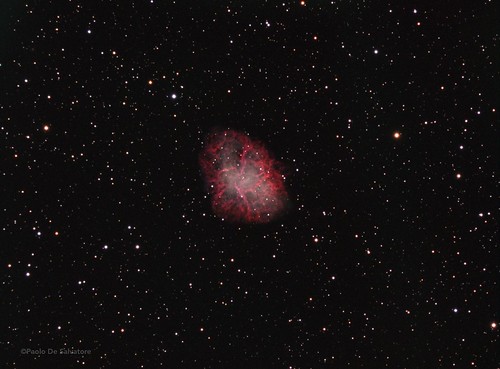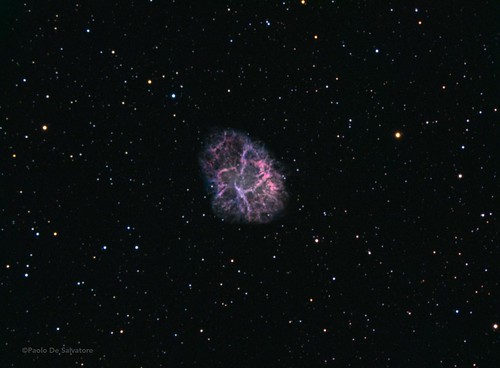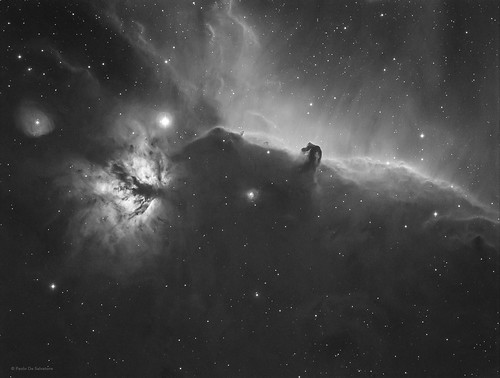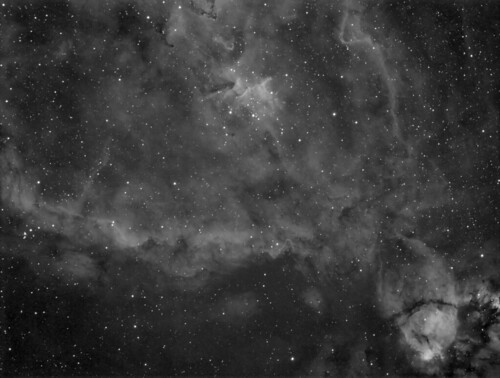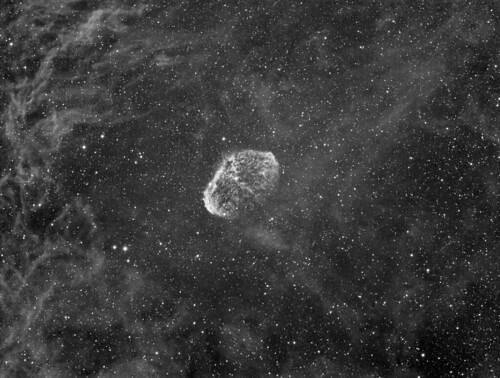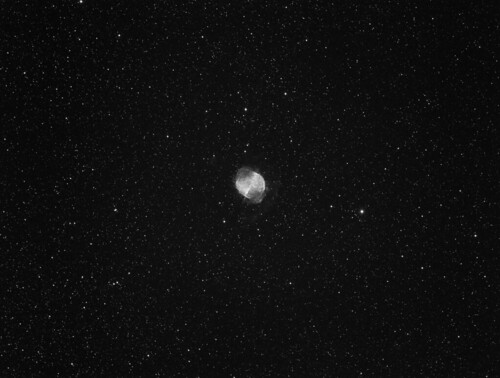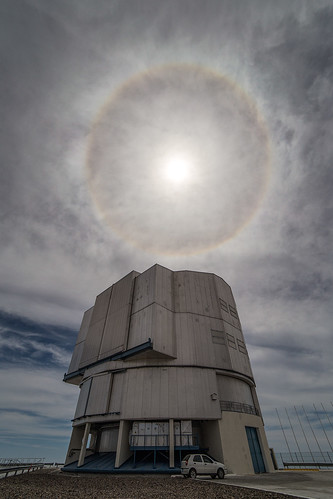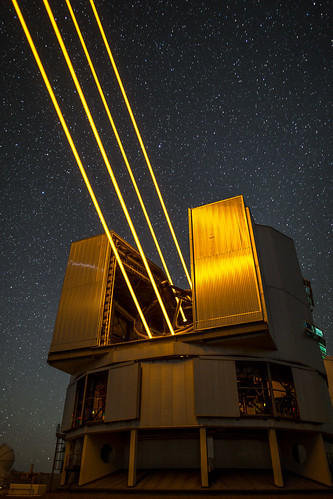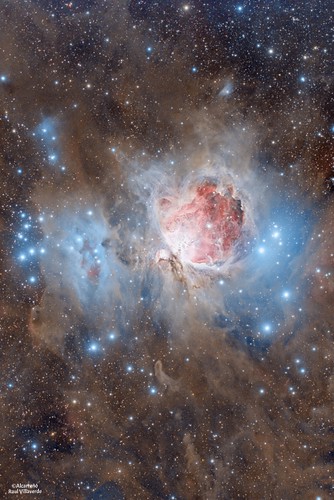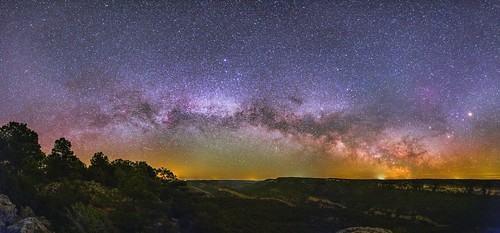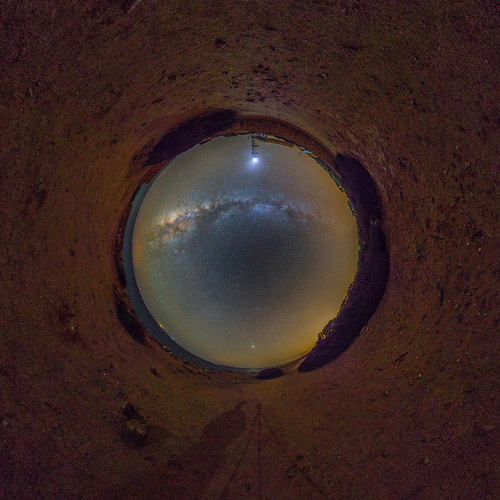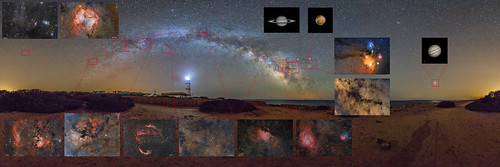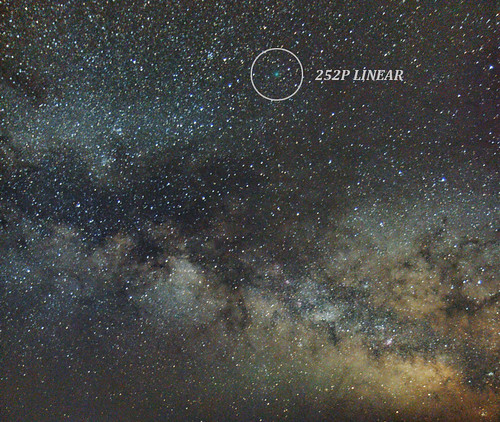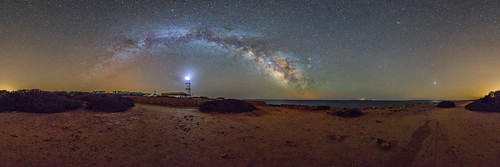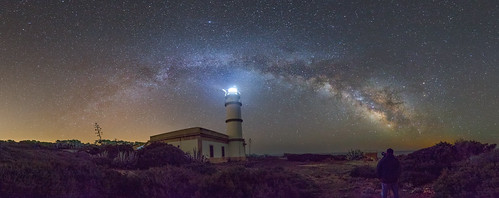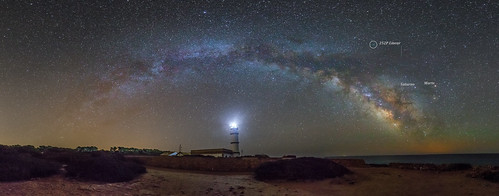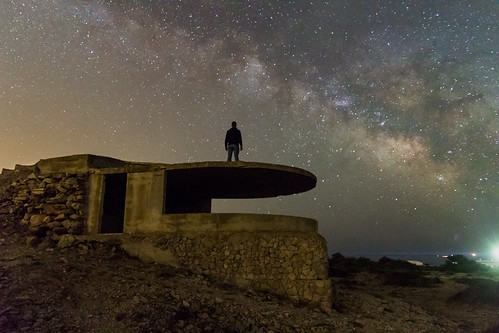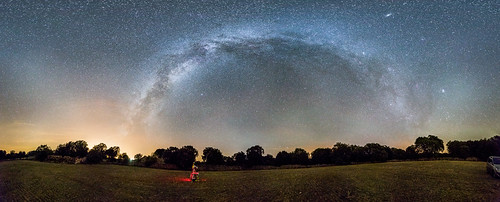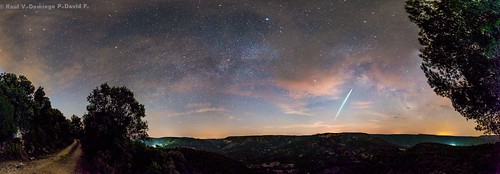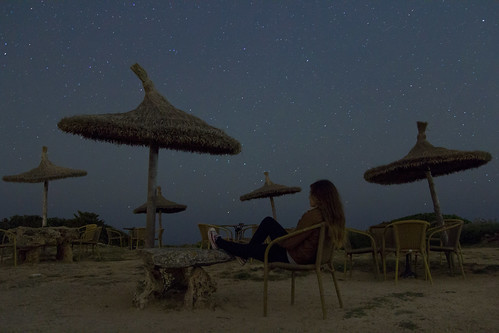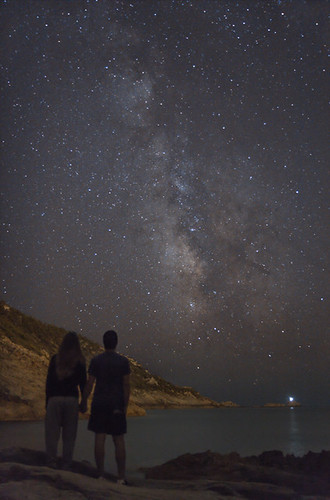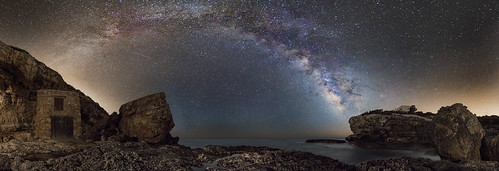The Elephant Trunk Nebula

Astrophotographers Spanish team formed by Jesus M. Vargas, Alvaro Ibáñez Pérez and Maritxu Poyal , have made this whole team work as astronomical.
The image data:
Ha filter (AIP)) Alvaro Perez Ibáñez
Telescope: TS115 Triplet APO refractor (focal lenght: 630mm)
Mount: Takahashi EM-400
Camera: CCD Atik 460EX mono + Baader Ha 7nm
Guider: Lunatic EZG-60 + SXLodestar
Focus: RoboFocus + AstroMatic (ftorrev)
Adquisition: MaximDL + AstroMatic (ftorrev)
Processing: PixInsight Core 1.8 + PS
Ha: -10 bin1 13x900s from Camarma de Esteruelas, Spain and 15x600s bin1 from -5C Pioz, Guadalajara, Spain.
OIII and SII filters (Jesus M. Vargas and Maritxu Poyal):
Telescope Takahashi FSQ106EDX (focal lenght: 530mm)
Mount: Losmandy Gemini v.4
Camera: QSI 683 WS8 + Baader OIII 8,5nm
Guider: Lunatic EZG-60 + QHY5
Focus: Seletek
Adquisition: MaximDL
Processing: PixInsight Core 1.8 + PS
OIII: 8x600s bin1 and SII : 14x600s bin1 to -10 ccd ,from (Benamahoma Mountain, Cádiz), Spain.
To enlarge, click here:
http://www.sky-astrophotography.com/ind ... re&id=1141
Image Credit & Copyright:
Team: Jesus M. Vargas & Alvaro Ibáñez Pérez & Maritxu Poyal
(
http://www.sky-astrophotography.com)
(
https://www.facebook.com/AIP.Astrophotography/),
The Elephant Trunk Nebula is an elongated emission nebula IC 1396 in the constellation Cepheus dark globule. Located at a distance of 2,450 light-years, the globule is a condensation of dense gas that is barely surviving the strong ionizing radiation from a nearby massive star. The globule is being compressed by the surrounding ionized gas. The dark globule is seen in silhouette at wavelengths of visible light, illuminated by the light of a bright star to the left of the field of view.
The appearance of filaments globule results are the effects of sculpture competing physical processes. The winds of a massive star, located to the left of the image, producing a circular comprising the 'head' of the globule and aerodynamic tail of an edge dense gas.
A couple of young stars (349 LkHa c LkHa and 349) have been formed from the dense gas has cleared a spherical cavity inside the head of glóbulo.Podemos see the presence of a thick disk of dust around LkHa c 349. such circumstellar discs are the precursors of planetary systems. They are much thicker in the early stages of star formation when the material forming the placental planet (gas and dust) is still present.
Jets and winds of particles emitted from this star are also away the gas and dust environment. Nearly 3,000 light years distant, the relatively faint IC 1396 complex covers in the sky a much larger region than shown here, with an apparent width of more than 10 moons.
Jesús M. Vargas - Maritxu Poyal ( Cádiz, Spain, Europe )
Takahashi FSQ 106 - CCD QSI 683 WS8
Web:
http://www.sky-astrophotography.com/
